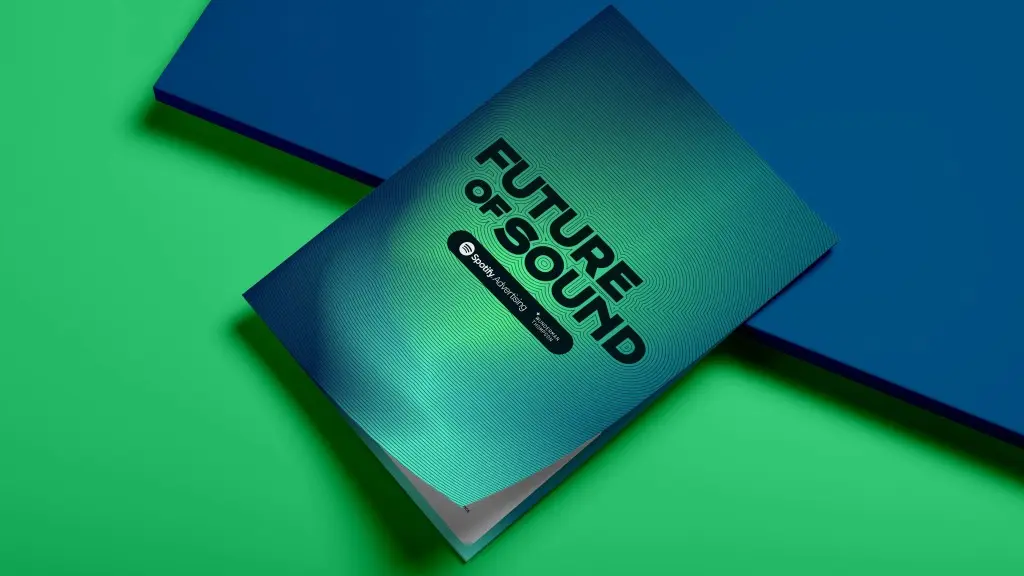News
The Power of
Sound & Music.
“If These Walls Could Talk” - podcasting tales from the beating heart of London’s music venues
Join DLMDD's Jeremy Newton & Greg Moore on their quest to unearth unforgettable stories from the people behind London's iconic music venues.
-

“If These Walls Could Talk” - podcasting tales from the beating heart of London’s music venues
Join DLMDD's Jeremy Newton & Greg Moore on their quest to unearth unforgettable stories from the people behind London's iconic music venues.
-

Re-recording the Fatboy Slim lyric you’ve been singing wrong your whole life
Why mishearing the lyric nailed it for LNER.
-

Banking on sound: Standard Chartered gets a new sonic identity
Standard Chartered is the latest major bank to put sound to work to create a distinct selling point for its offering. Campaign feature the story.
-

“It all starts with skills…and Ad of The Day”
2024 is off with a kick. Our new work with M&C Saatchi for the Department for Education 'It All Starts With Skills' has already caught the ears and eyes of…
-

Re-recording “The Best Song of All Time” - How we made Amazon Christmas
“When I say we mixed, we did 64 mixes. An apt number for a Beatles song."
-

Deck The Halls With Jazz & Spirits
Christmas has never felt so groovy - the gold, frankincense and myrrh were flying off the bar all night and there were no 3 wise men in sight.
-

Campaign Magazine announces Direct Line’s new Bugle
Famous jingle has not been heard in Direct Line's brand advertising for more than a decade.
-

DLMDD Sessions - The Rebrand Social
DLMDD sessions are back - having just launched our all new-look brand, it was a chance to have a good old night on the dancefloor.
-

The Drum Interview - What should creatives be listening out for when choosing audio for an ad?
DLMDD Founder Max De Lucia chats to Sam Bradley at The Drum
-

The results are in: Sonic Branding is making consumers spend
YouGov report reveals 1 in 3 young adults prefer brands with sonic identities.
-

Future of Sound: Wunderman Thompson features study by DLMDD
14 emerging trends in sound, from health to new sound territories to opportunities for new forms of branding
-

Brands with recognised sonic logos perceived as 5% more valuable
Releasing first study of its kind to identify the return on investment in sonic logos.
